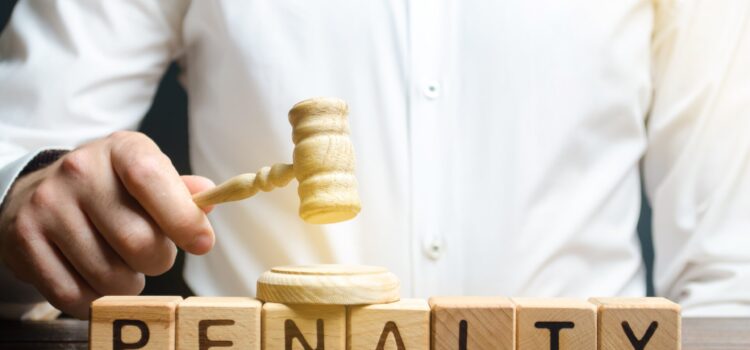Mr Palmer has been ordered to pay $1.5M for using the Twisted Sister song We’re Not Gonna Take It in his 2019 federal election advertisements.
Although the magnate is now appealing the fine, the hefty penalty should be taken as a cautionary tale for any big business thinking they only risk a small fine for infringing rights.
In a judgment, Federal Court Justice Anna Katzmann said former Federal MP and United Australia Party founder Clive Palmer infringed Universal Music’s copyright in the 1984 hit and rejected his claims he had penned his own lyrics and used the melody of an 18th century hymn.
The size of the fine suggests a “big fines for big players” penalty and should set a standard when awarding additional damages against large organisations.
Under the Copyright Act copyright owners can seek additional damages, which are in addition to the damages already suffered by the owner. Additional damages are applied as a punishment to punish flagrant infringement.
The only way to convince others not to use copyrighted music without permission is to give sizable payments. Smaller additional damages amounts do nothing to dissuade large organisations to respect the rights of others.
It would be appropriate to award additional damages based on turn over of an organisation.
The Federal Court case heard the similarities between Twisted Sister’s 1984 hit ‘We’re Not Gonna Take It’ and the 2019 United Australia Party jingle ‘Australia’s Not Gonna Cop it’.
Justice Katzmann in her decision said It was “ludicrous” and “fanciful” to suggest Mr Palmer’s song was created independently of the Twisted Sister song, and his behaviour in using the song without a licence was “high-handed”.
Justice Katzmann ordered him to pay $500,000 in damages, $1 million in additional damages in light of the flagrancy of the infringement, and legal costs. Interest on damages will be calculated at a later date.
Copyright lawyers note the additional damages award of $1 million is one of the highest ever for copyright infringement in Australia, and the highest in regard to music copyright.
In copyright law, the music and lyrics of a song are separate works. Mr Palmer had claimed he did not infringe copyright in the Twisted Sister lyrics because he penned his own lyrics in September 2018.
However the court heard a video producer approached Universal on Mr Palmer’s behalf in 2018 to licence the Twisted Sister hit. Universal quoted a licence fee of $150,000 for a new version of the song, but Mr Palmer “baulked” at paying the fee. A counter-offer of $35,000 was rejected by Universal. This is also a lesson that you should write every email as though it will be presented in Court one day.
The court’s decision also sends a clear message to businesses that think a ’sample’ of part of a song can be used without copyright clearances.
Justice Katzmann said Mr Palmer acknowledged Universal held the copyright in both the lyrics and melody, but argued his song did not incorporate a substantial part of either work and did not amount to copyright infringement.
Separately, he argued any use of the song fell under a “fair dealing” defence for satirical works.
Justice Katzmann said the evidence demonstrated Mr Palmer knew he needed a licence to use the song but “decided to go ahead without one.”
The lesson to others is very clear from the penalty imposed.
There’s a balancing act. Does the benefit outweigh the risks? Here, this suggests the risk far outweighs the benefit.
If you want to use someone’s music for your own purposes, get permission and pay a licensing fee. Otherwise the court will just add more zeroes to the cheque you ultimately have to pay.

